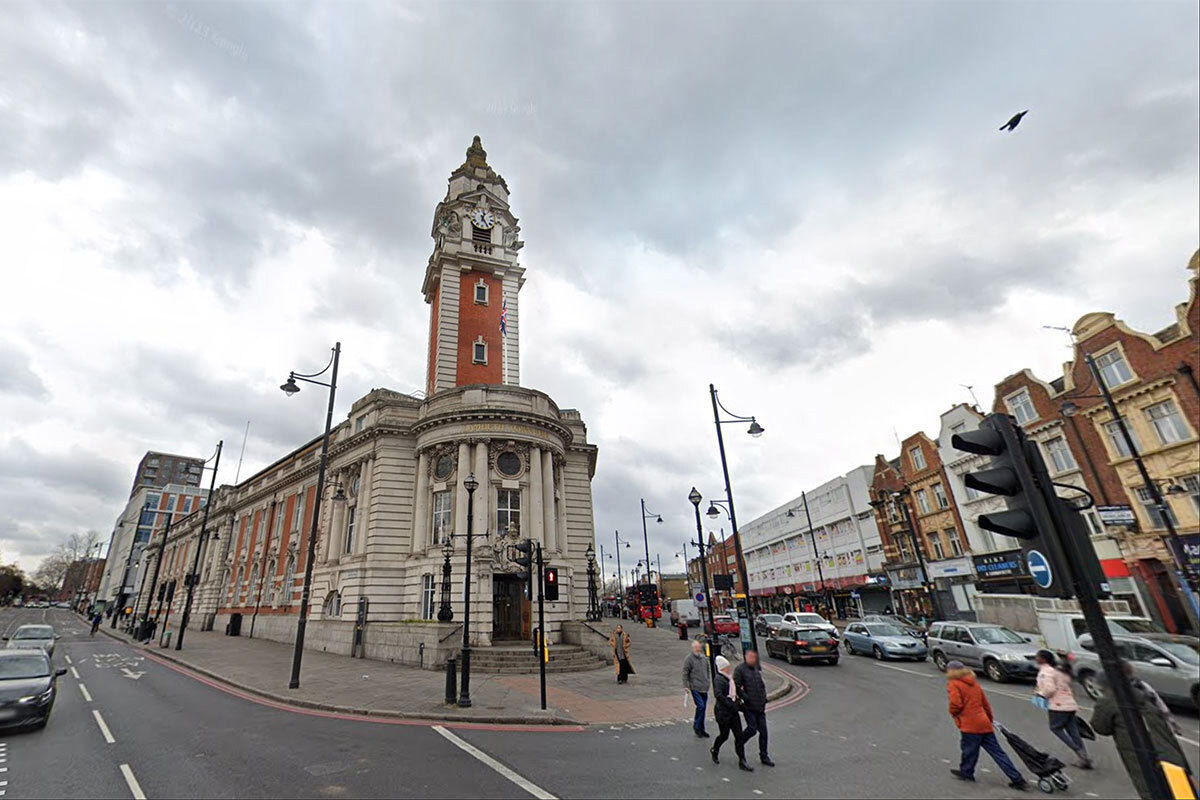You are viewing 1 of your 1 free articles
Homes for Lambeth closure leaves more than 100 people facing eviction
More than 100 people are facing eviction after a London council has moved to close its housing company.

Lambeth Council plans to wind up its arm’s-length management company, Homes for Lambeth, and reset five long-delayed estate regeneration projects.
Private tenants had moved onto estates that were earmarked for demolition, but Lambeth now says it wants to use the homes as temporary accommodation for people in urgent need.
It has told 118 families they will have to leave their homes. A total of 77 residents are on fixed tenancies, most of which are due to end in March 2025, while 41 people are on a monthly rolling contract.
The tenants clashed with local leaders at a council meeting on this week, where they argued that they will become homeless if evicted by the council.
Jules Zakolska moved into her flat with her partner over two years ago. “It took us six months to find,” she told the council’s investment and scrutiny committee. “Our previous place was a mould-ridden studio with no ventilation.”
Two months after moving in, Ms Zakolska said, she found out the estate was due to be demolished. “No Homes for Lambeth tenants were notified of that before moving in, nor were we told that our landlord was essentially Lambeth Council.”
“From the get-go we’ve indicated we were looking for somewhere long term, so you’d think the landlord would tell us about this, right? No, they didn’t.”
Last year, Ms Zakolska said, the council decided to call off the demolition for now. “We breathed a sigh of relief and thought we will be able to stay here long term.”
Then, in February, she received a Section 21 eviction notice.
The council has since given her an extension to her tenancy, but this is due to come to an end next month.
“If evicted, my partner and I will become homeless,” she said.
The shifting occupancy of the homes began in 2017, when Lambeth Council began to buy back leaseholder properties on estates including Central Hill, Fenwick and Cressingham Gardens, with a view to demolishing them.
Some of the homes were then let to private tenants after the council set up Homes for Lambeth. The homes were advertised and let by local estate agents.
In 2022, a review by the late Lord Kerslake recommended dissolving Homes for Lambeth and reshaping the estate regeneration plans.
Now the council aims to regain control of all the properties within 18 months. It argues that residents were told of the fixed-term nature of their tenancies in their contracts.
At the meeting on 10 September, Labour councillor Danny Adilypour said that given the “soaring costs we are facing” on temporary accommodation, “we can no longer justify a situation where we have council-owned properties being lent out on the private market, making money for private letting agents”.
“Having these properties on the private market was only ever intended to be a short-term solution,” he said. However, if there are any tenants currently in the private sector “whose circumstances require it”, the council will provide support in line with its statutory duties.
“Where it is found for any of those current tenants that as a council we have the main housing duty, we will consider whether that particular tenant should continue to live at the same property as temporary accommodation until more suitable long-term accommodation is found,” he added.
He said that the presence of empty homes on the estate was “a fair challenge” and that the council had adopted a new voids strategy to bring them back into use.
“I have 100% confidence this is the right decision to make,” he said. “It will ensure we are using our stock to house those people in the most dire need”.
Kathryn Eames, interim regeneration director at Homes for Lambeth, told the councillors that while there are current tenants who may be assessed as being in priority need, “it is fair to say it’s a mixed bunch”.
She said: “41 of those are earning over £50,000 a year, for example… Some of those are happy to move on.”
Liberal Democrat councillor Ben Curtis pointed out that the government is moving to ban Section 21 evictions in its Renters’ Rights Bill.
“Are we going to go to court with 110-plus people?” he asked. “Will this actually be legal at the point at which we do this?”
Mr Adilypour replied that “historically, the relationship wasn’t right” between the council and residents, adding that he had made a public apology last year and Lambeth had made a “full reset” of its communications.
“We feel that things have improved significantly since then,” he added.
Last month, Reading Borough Council confirmed that it will shut down its own wholly owned housing company, Homes for Reading, and buy back the properties to rent out as affordable housing. Nearly 100 families have been told they will have to leave their homes.
Sign up for our Council Focus newsletter
Already have an account? Click here to manage your newsletters











